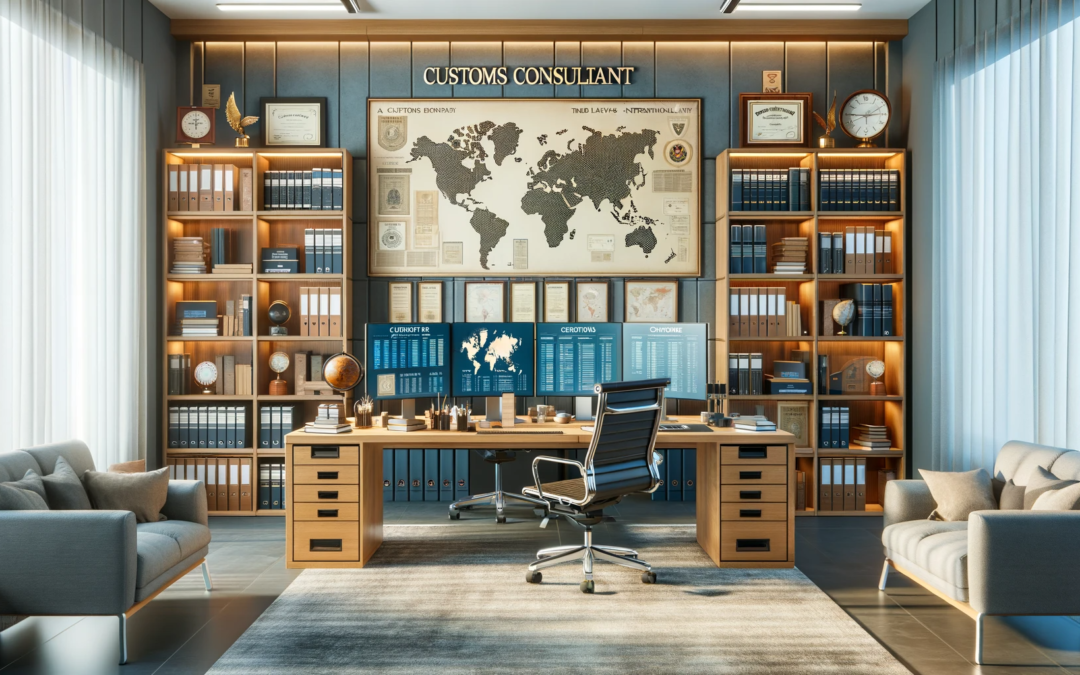Starting a business as a customs consultant involves advising clients on customs regulations, duties, and international trade matters. This role is crucial for businesses involved in importing and exporting goods. Here’s a detailed breakdown:
Description
- Services: Providing guidance on customs procedures, tariff classifications, duty rates, and compliance with trade agreements.
- Clients: Importers, exporters, freight forwarders, and multinational corporations.
Start-Up Costs
- Office Space: If not home-based, monthly rent can range from $500 to $2,000.
- Equipment: Computers, software for customs management and research, costing around $1,000 to $3,000.
- Professional Development: Courses or certifications in customs and international trade, approximately $500 to $2,000.
- Marketing: Website and promotional materials, potentially $500 to $1,500.
Typical Fees and Potential Earnings
- Consulting Fees: Charged per hour or project, typically ranging from $50 to $200 per hour.
- Earnings: Vary greatly based on client base and reputation, with potential annual earnings from $30,000 to over $100,000.
Advertising
- Networking: Attending industry events, joining trade organizations.
- Online Presence: Professional website, LinkedIn profile, and industry-specific forums.
- Referrals: Building relationships with freight forwarders and shipping companies for referrals.
Qualifications
- Expertise in Customs and Trade: Deep understanding of customs regulations and international trade agreements.
- Certifications: Certifications such as a Certified Customs Specialist (CCS) can enhance credibility.
- Language Skills: Fluency in multiple languages can be an asset in this field.
Equipment Needed
- Office Equipment: Computer, printer, and communication devices.
- Software: Customs compliance and research tools.
Home Business Potential
- Highly suitable for home-based operations, especially for individual consultants.
Staff Needed
- Can start as a solo operation, with potential to expand and hire additional consultants or administrative staff as business grows.
Hidden Costs
- Continuing Education: Staying updated with constantly changing trade laws and agreements.
- Marketing and Networking: Ongoing costs associated with building and maintaining professional relationships.
Summary
A customs consultant business is ideal for individuals with expertise in customs regulations and international trade. It can be started with relatively low overhead, especially if operated from home. Success in this field depends on staying current with trade laws, building a solid professional network, and delivering accurate and valuable advice to clients. This role is critical in helping businesses navigate the complexities of cross-border trade.

